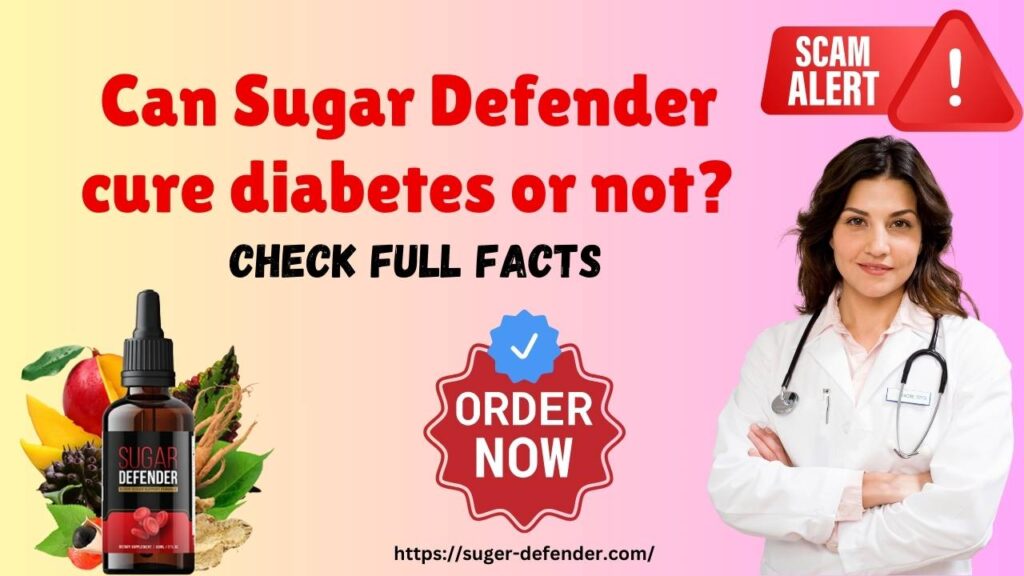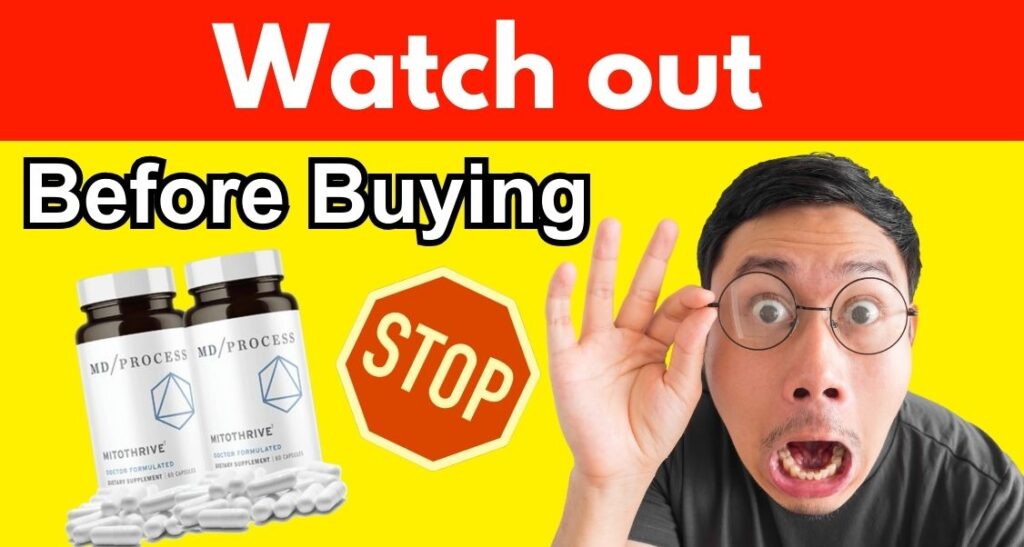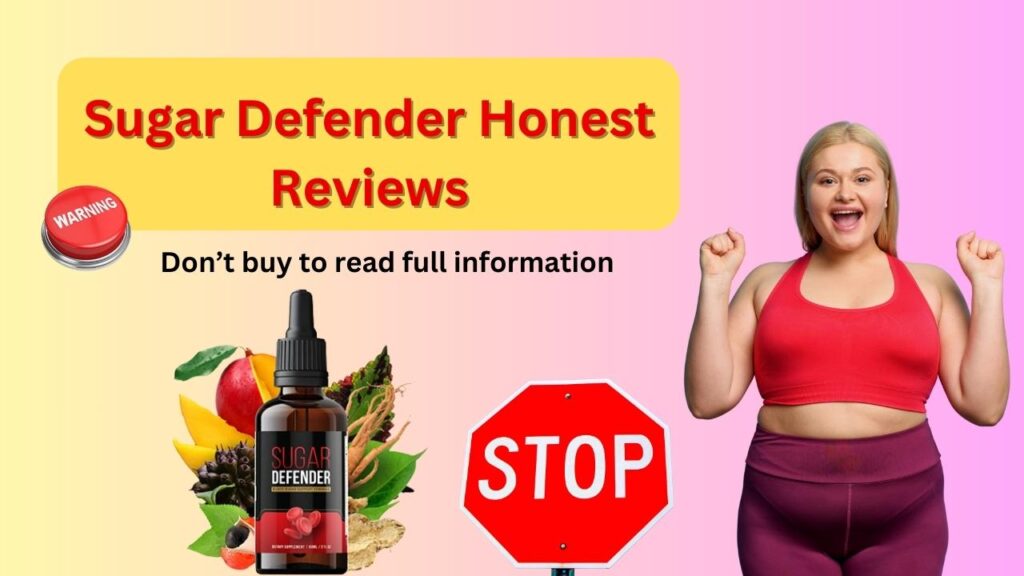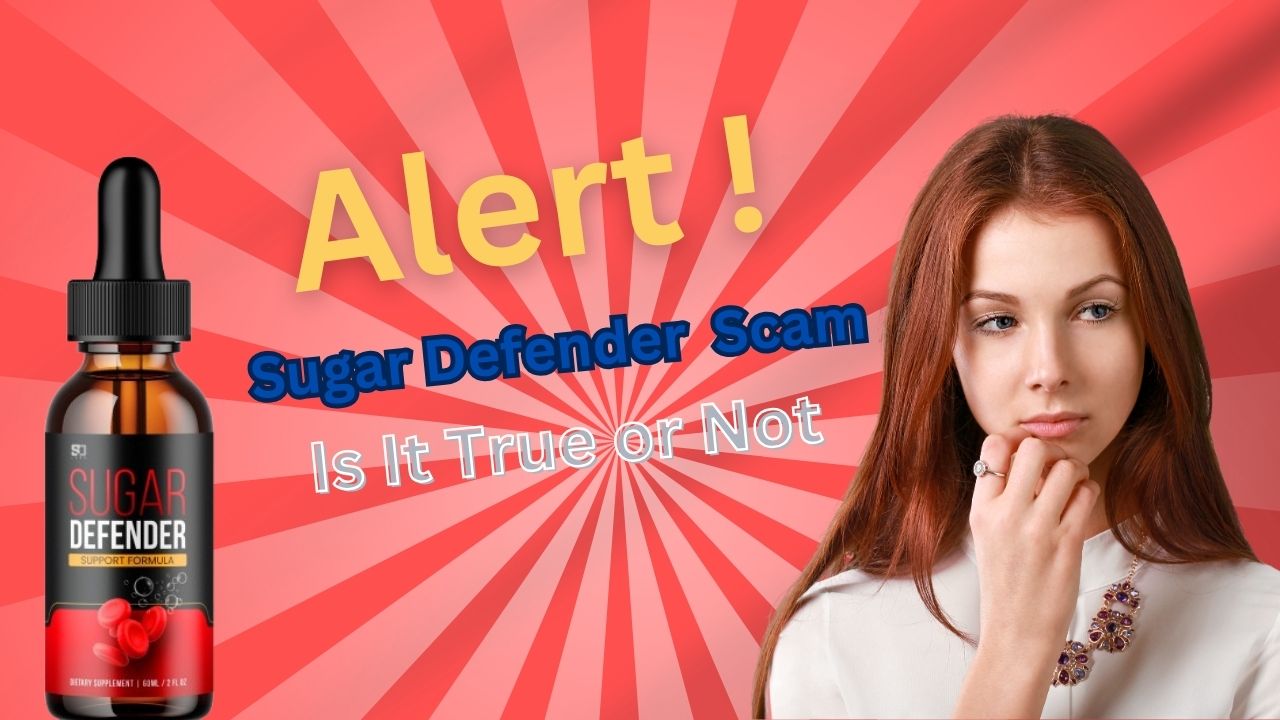
Sugar Defender Scam: Millions of people struggle with health problems related to diabetes. This makes them a prime target for scammers who promise magical solutions. One such product, Sugar Defender, has gained notoriety for aggressive marketing and questionable claims. This article will reveal how the sugar saving scam works. Give tips to avoid becoming a victim. and explain why the product does not provide any real benefit.
Overview: The Sugar Defender Scam Unveiled
Sugar Defender, a so-called “natural supplement,” is at the center of a sophisticated scam designed to deceive and exploit vulnerable consumers, particularly those managing diabetes or prediabetes. This questionable product is heavily promoted through misleading tactics, including fabricated celebrity endorsements, exaggerated health claims, and fake glowing reviews, all aimed at portraying it as a miraculous solution for blood sugar regulation and overall health.
With diabetes affecting over 37 million Americans, many people are desperate for alternative treatments to manage their condition. Scammers take advantage of this vulnerability, presenting Sugar Defender as a convenient and natural cure-all, often suggesting it can reverse diabetes symptoms overnight. Marketing materials make bold promises of balancing blood sugar, aiding weight loss, boosting energy, and improving heart health—claims that lack scientific backing.
The use of high-pressure sales tactics, such as limited-time offers and fake scarcity, further adds to the deception. Sadly, this scheme preys on the hopes of individuals seeking relief, making it yet another overpriced and likely ineffective product that delivers little to no benefit.
Read More From Official Website : Click Here
How Sugar Defender Scam Websites Operates
Sugar Defender scam websites are carefully designed traps aimed at exploiting vulnerable individuals seeking solutions for blood sugar management. These sites use a combination of psychological tricks and deceptive marketing strategies to create a sense of urgency and legitimacy, compelling visitors to buy an ineffective product. Here’s how these schemes work:
1. Fake Celebrity Endorsements
The scam relies heavily on fabricated endorsements from trusted public figures. Through the use of doctored images, false quotes, and even deepfake videos, scammers claim that celebrities like Martha Stewart or Whoopi Goldberg have reversed diabetes using Sugar Defender. These endorsements are completely bogus, designed to instill trust and distract consumers from the lack of real evidence.
2. Exaggerated Health Claims
Scam websites make outlandish promises, advertising Sugar Defender as a miraculous cure for diabetes and related conditions. Claims often include:
- Instantly balancing blood sugar.
- Reversing diabetes symptoms overnight.
- Enhancing energy, promoting weight loss, and improving heart health.
- These assertions are scientifically unfounded, playing on the desperation of individuals looking for easy solutions.
3. Fraudulent Testimonials
Shady sites are littered with glowing, but fake, user reviews and testimonials. They depict fictional success stories of people who claim to have achieved life-changing results. These are either fabricated or stolen from unrelated sources, making the product appear more effective than it actually is.
4. High-Pressure Sales Tactics
To push consumers into impulsive purchases, these websites employ aggressive tactics like countdown timers, limited stock warnings, and “exclusive” discounts. These are designed to create a false sense of urgency, leaving little time for critical thinking or research.
5. Lack of Transparency
Scam sites often hide crucial information, such as the manufacturer’s identity, contact details, or refund policies. Once a purchase is made, customers may find it nearly impossible to get support or their money back.
By combining psychological manipulation with misleading claims, these scam websites exploit the trust and desperation of people managing chronic health conditions. Recognizing these red flags can help consumers avoid falling victim to such schemes.
Sugar Defender on Amazon and Walmart: A Risky Gamble
During our inquiry, we learned that Sugar Defender is also available from major marketplaces such as Amazon and Walmart via third-party merchants. However, it remains unclear if these products are identical to the ones aggressively promoted through deceptive websites and fake celebrity endorsements.
Poor Ratings and Quality Concerns
Sugar Defender listings on Amazon are plagued with overwhelmingly negative reviews. Many customers report receiving defective or leaking bottles containing suspicious substances. One particularly alarming review included a photo of what appeared to be mold floating inside the bottle, accompanied by the question, “Is this normal?”
Other complaints highlight the lack of a refund policy, leaving buyers stuck with unopened, unusable products. Common grievances include:
Inconsistent quality
Leaking or broken packaging.
Poor customer service for return and refunds.
Several reviewers have issued stern warnings such as “Do not waste your money!”
Read More From Official Website : Click Here
Inconsistent Product Origin
While the Sugar Defender supplements sold on Amazon and Walmart share the same name as the product promoted through scam websites, there’s no evidence to suggest they are manufactured or distributed by the same entity. It’s likely that these listings are from opportunistic third-party sellers capitalizing on the buzz around the brand name.
Should You Buy Sugar Defender from Retailers?
The questionable origins, poor reviews, and quality issues make purchasing Sugar Defender from Amazon or Walmart a risky endeavor. Even if the product is genuine, the overwhelmingly negative feedback suggests that it’s unlikely to deliver on its promises.
What to Do If You Fall for the Sugar Defender Scam?
If you’ve been deceived by the Sugar Defender scam and lost money, don’t despair. There are actionable steps you can take to protect yourself and potentially recover your funds. Follow these steps to mitigate the damage:
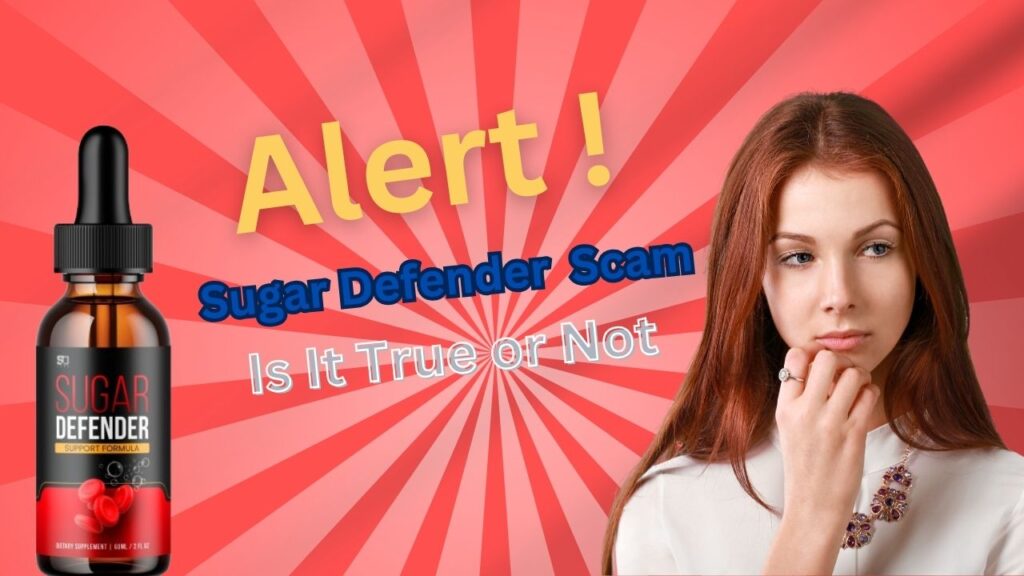
1. Request a Refund Immediately
Act quickly and contact the seller to request a full refund. Even if the refund period has technically expired, explain that the product was misrepresented and did not meet the advertised claims. Be firm and persistent:
Clearly outline your grievances, emphasizing how the advertising was misleading.
Request the cancellation of any recurring subscriptions tied to the purchase.
If the seller denies your request or offers only a partial refund, let them know you are prepared to take further steps, such as reporting their fraudulent practices to authorities and disputing charges through your bank.
2. Dispute the Charges with Your Bank
If the seller refuses to cooperate, contact your credit card company or bank immediately. Explain that you were misled by false advertising and that the charges are fraudulent. Ask your bank to:
Reverse the charges (chargeback)
Block any future transactions from the company.
Most banks take consumer fraud seriously and may be able to help recover your funds.
3. Report the Scam
Publicly exposing the scam can help protect others and increase pressure on the scammers. Here’s how:
File complaints: Report the scam to authorities, including:
- The Better Business Bureau (BBB).
- The Federal Trade Commission (FTC) at ftc.gov.
- Your state’s consumer protection agency.
The more reports these organizations receive, the greater the likelihood of legal action against the scammers.
4. Consider Legal Action
If your losses are significant or you believe the scam caused widespread harm, consult a consumer protection attorney. A lawyer can:
- Assess whether you have grounds for legal action due to deceptive marketing or unauthorized charges.
- Guide you on filing a claim to recover your money.
- In some cases, multiple victims may band together to file a class-action lawsuit. This could improve the chances of bringing the crooks accountable.
5. Stay Vigilant
Lastly, protect yourself from future scams by:
- Monitoring your financial statements for unauthorized charges.
- Avoiding purchases from unknown or suspicious websites.
- Consulting trusted healthcare professionals before trying any supplements or treatments.
- Falling victim to a scam can be frustrating, but by acting decisively and leveraging available resources, you can minimize your losses and help prevent others from falling into the same trap.
Frequently Asked Questions About the Sugar Defender Scam
1. What is Sugar Defender?
Sugar Defender is an a nutritional product that is highlighted as a magical solution for blood sugar control and diabetes reversal. However, the product is heavily promoted through deceptive tactics, including fake celebrity endorsements, exaggerated claims, and aggressive sales strategies. There is no credible scientific evidence to back its advertised benefits, making it a likely scam targeting vulnerable consumers.
2. How does the Sugar Defender scam operate?
The scam begins with misleading online ads featuring doctored celebrity endorsements or AI-generated videos. These ads direct users to websites that make outlandish claims about the supplement’s effectiveness, such as reversing diabetes overnight. Using high-pressure sales tactics, scammers push buyers into purchasing quickly, often leading to unauthorized recurring charges. Refunds are either heavily restricted or impossible to obtain.
3. What are the ingredients in Sugar Defender?
The substances listed in advertising materials include eleuthero, coleus, maca base, African mangoes, a ingredient called a gymnema, ginseng, and chromium While some of these ingredients are linked to general health benefits, there’s no evidence they significantly impact blood sugar regulation or diabetes symptoms when used in the vague, unverified amounts likely present in Sugar Defender.
4. Is Sugar Defender FDA-approved?
No, Sugar Defender is not FDA-approved. While the company claims it is produced in an “FDA-registered facility,” this doesn’t mean the product has been evaluated or endorsed by the FDA. Dietary supplements are not required to undergo FDA approval, and Sugar Defender has not been tested in clinical trials to prove its safety or efficacy.
5. Are the celebrity endorsements authentic?
Absolutely not. The endorsements from celebrities like Martha Stewart, Dolly Parton, or Whoopi Goldberg are fabricated, often using deepfake AI technology. None of these public figures have promoted or endorsed Sugar Defender. This deceptive tactic is intended to lend false credibility to the product.
6. Are the glowing customer testimonials real?
Unlikely. The testimonials claiming miraculous results, such as reversing diabetes or eliminating symptoms overnight, are almost certainly fake. These “reviews” often use stock or stolen photos alongside fabricated stories to mislead potential buyers.
7. Can Sugar Defender cure diabetes?
No. Diabetes is a complex medical condition that cannot be cured by any supplement. Claims suggesting that Sugar Defender can regulate blood sugar, boost insulin production, or reverse diabetes symptoms are baseless. Patients should rely on proven medical treatments and guidance from healthcare professionals.
8. Is buying Sugar Defender a good idea?
No. Sugar Defender is rife with red flags, including deceptive marketing, questionable ingredients, and poor customer experiences. The product is likely ineffective and overpriced. For managing blood sugar or diabetes, consumers should prioritize evidence-based treatments recommended by qualified healthcare providers.
9. What should I do if I fell for the Sugar Defender scam?
If you’ve purchased Sugar Defender, take immediate action:
Contact the seller to demand a refund and cancel any subscriptions.
Dispute the charges with your bank or credit card company, citing fraudulent practices.
Leave reviews on platforms like Trustpilot or the BBB to warn others.
Report the scam to organizations like the FTC and your state’s consumer protection agency.
10. How can I avoid similar scams in the future?
Be cautious of supplements marketed with:
Unrealistic claims of curing diseases.
Fake celebrity endorsements or customer reviews.
High-pressure sales tactics and unclear refund policies.
